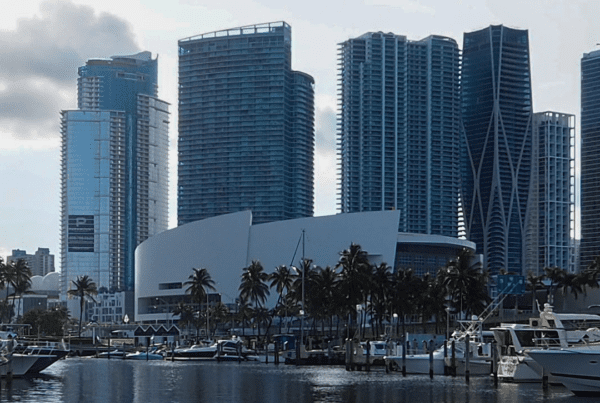The Americans with Disabilities Act (ADA) is a federal law that prohibits discrimination against those with disabilities. This act prohibits discrimination in various areas, including public accommodations. For the longest time, there’s been a legal debate on whether or not a website is considered a place of public accommodation.
There’s even been numerous lawsuits, arguing that websites should be considered places of public accommodation under the ADA. Some courts have agreed with this interpretation, while others have not. The Department of Justice (DOJ) has taken the position that websites can be considered places of public accommodation. However, the DOJ has not yet issued specific regulations on the matter.
Lawsuits Regarding the ADA
Courts in the Eleventh Circuit have held that a website is not a place of public accommodation under the ADA ( See Gil v. Winn-Dixie Stores, Inc., 993 F.3d 1266, 1277 (11th Cir. 2021)). This states that “websites are not a place of public accommodation under Title III of the ADA,” because “public accommodations are limited to actual, physical places”.[1] However, the Eleventh Circuit has also held that, “Title III covers both tangible barriers, that is, physical and architectural barriers that would prevent a disabled person from entering an accommodation’s facilities and accessing its goods, services and privileges . . . and intangible barriers, such as eligibility requirements and screening rules, or discriminatory policies and procedures that restrict a disabled person’s ability to enjoy the defendant entity’s goods, services and privileges.” Rendon v. Valleycrest Prods., 294 F.3d 1279, 1283 (11th Cir. 2002).
A website may, under certain circumstances, constitute an “intangible barrier”. However, it seems “the majority of courts agree that websites are not covered by the ADA, unless some function on the website hinders the full use and enjoyment of a physical space.” Gomez v. Bang & Olufsen Am., Inc., 2017 WL 1957182, at *3 (S.D. Fla. Feb. 2, 2017).
For a website to be subject to the ADA, a plaintiff must “establish a nexus between the website and the physical premises of a public accommodation.” Fuller v. Smoking Anytime Two, LLC, 2018 WL 3387692, at *2 (S.D. Fla. July 11, 2018). When considering whether there is a nexus, “courts distinguish between an inability to use a website to gain information about a physical location, and an inability to use a website that impedes access to enjoy a physical location, with only the latter being sufficient to state a claim.” Price v. City of Ocala, 375 F. Supp. 3d 1264, 1271-72 (M.D. Fla. 2019).
Gil v. Winn-Dixie Stores
In Gil, a case in point, the plaintiff, a legally blind patron of Winn-Dixie, brought a lawsuit claiming that Winn-Dixie had violated the ADA. This was because Winn-Dixie’s website was “inaccessible to visually impaired individuals.” Gil, 993 F.3d at 1271. The plaintiff argued that Winn-Dixie’s website’s inaccessibility violated Title III. This was due to the website operating as an intangible barrier to accessing the goods, services, privileges, or advantages of Winn-Dixie’s physical stores (see id. at 1278).
The Eleventh Circuit disagreed, holding that Winn-Dixie’s website, “although inaccessible by individuals who are visually disabled,” was not an intangible barrier to accessing the goods, services, privileges, or advantages of Winn-Dixie’s physical stores, since “nothing prevent[ed] Gil from shopping at the physical store.” Id. at 1279; see also Haynes v. Pollo Operations, Inc., 2018 WL 1523421, at *3 (S.D. Fla. Mar. 28, 2018) (dismissing complaint for failure to allege nexus between website and access to physical location); Buchholz v. Aventura Beach Assocs., Ltd., 2018 WL 318476, at *3 (S.D. Fla. Jan. 5, 2018).
In Conclusion
In general, whether a website is considered a place of public accommodation under the ADA will depend on a variety of factors. These include the type of website, the goods or services offered on the website, and the level of interactivity with users. Websites closely tied to physical locations, such as online stores or restaurant reservation systems, are more likely to be considered places of public accommodation under the ADA, unlike websites that simply provide information.
For more information on business compliance with ADA requirements, contact one of our attorneys at 305-570-2208. You can also email attorney Eduardo directly at eduardo@ayalalawpa.com.
We at Ayala Law PA are passionate about helping those in legal need, so please don’t hesitate to schedule a case evaluation with us online here.






